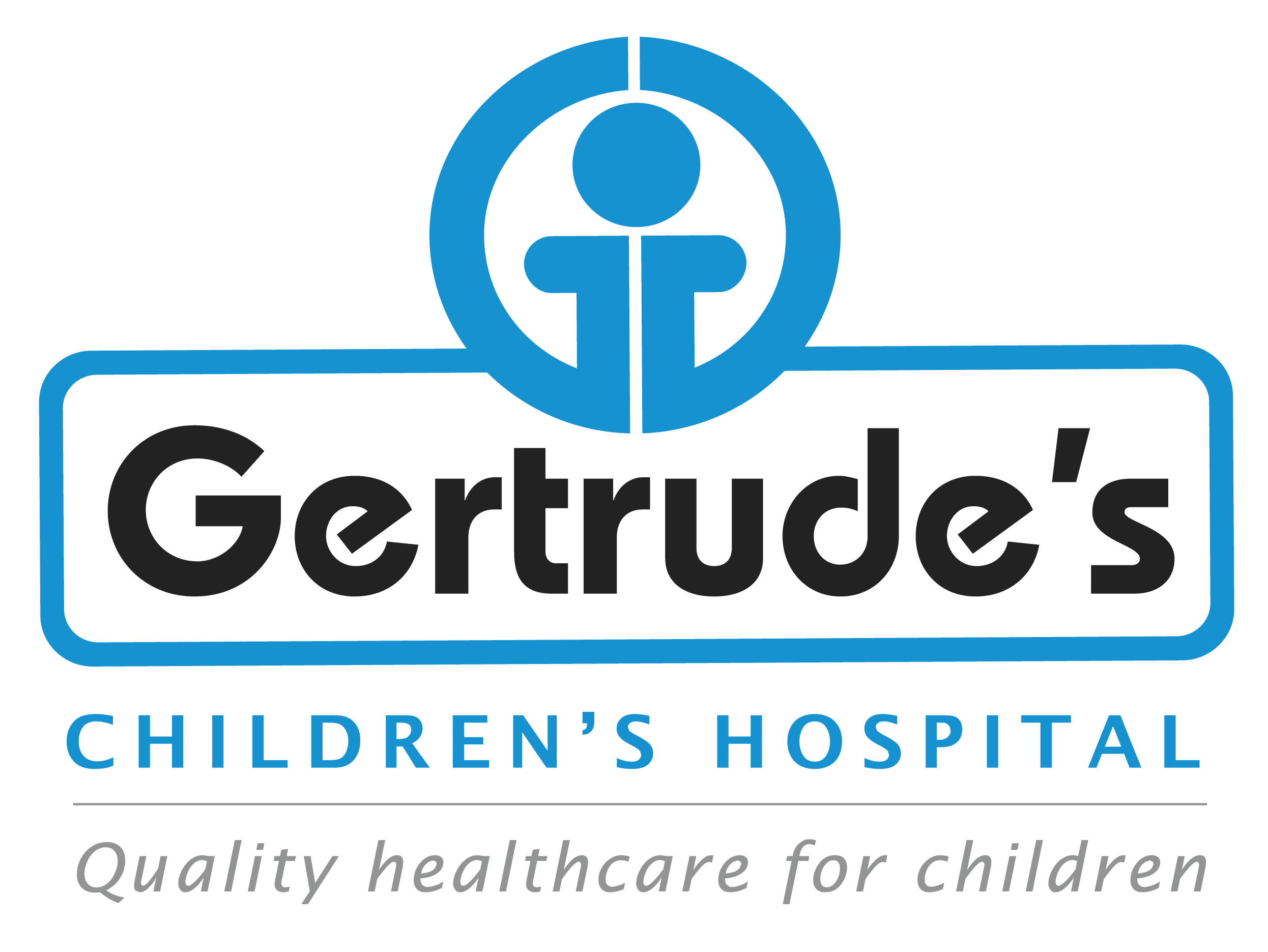Febrile seizures are convulsions that can occur in young children when they have a fever. These seizures, while often frightening for parents, are generally harmless and don’t cause long-term health problems. Febrile seizures typically affect children between 6 months an
Alpha-1 antitrypsin deficiency (AATD) is a genetic condition that can harm the lungs and liver. It happens when the body doesn’t make enough of a special protein that helps keep these organs healthy. This protein is called alpha-1 antitrypsin. Without enough of this protein, people with AATD may develop serious lung problems, such as difficulty breathing or chronic coughing, or liver problems that can cause scarring and damage. AATD is a relatively rare condition. According to the World health Organization AATD affects about 1 in 2,500 to 1 in 5,000 people worldwide. AATD can affect people of all ages, including children. However, the symptoms may not appear until later in life, often in adulthood.
d 5 years of age, with peak incidence around 18 months.





